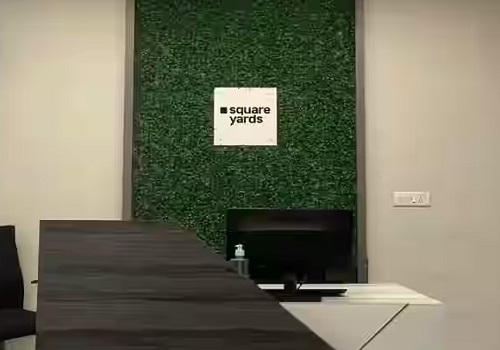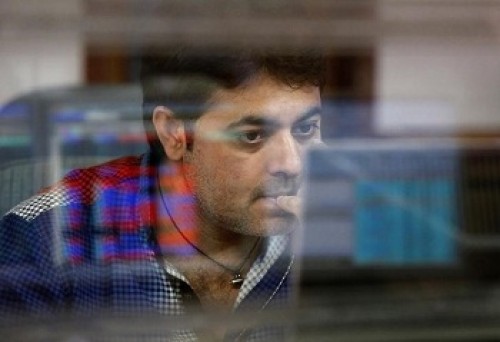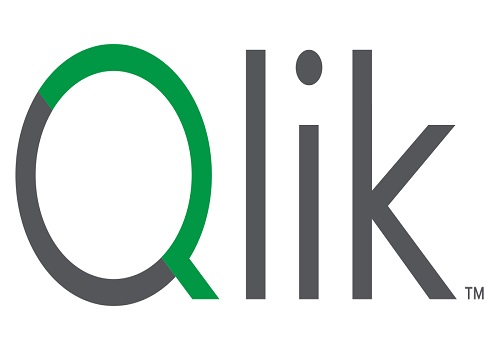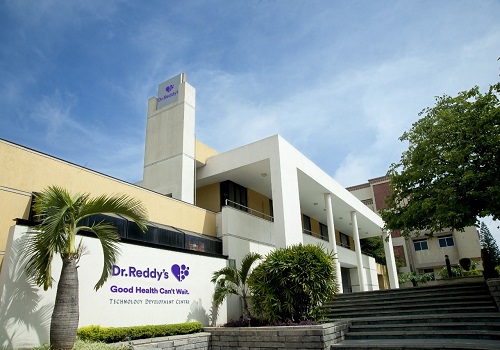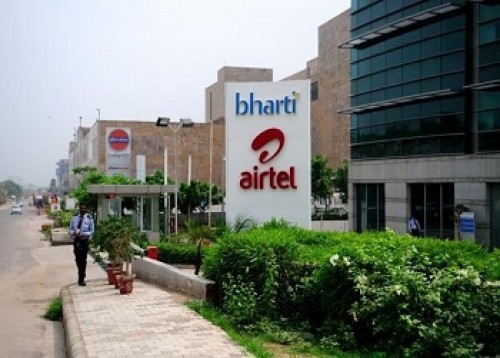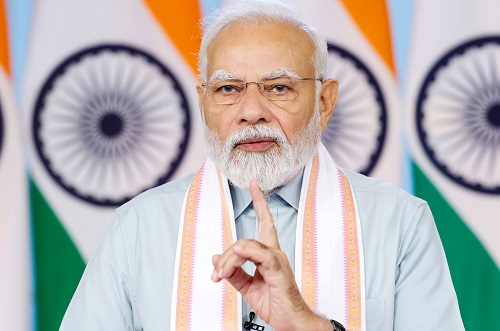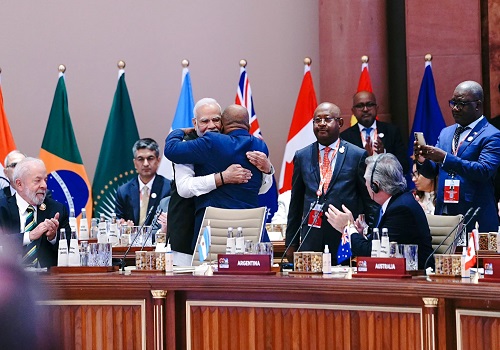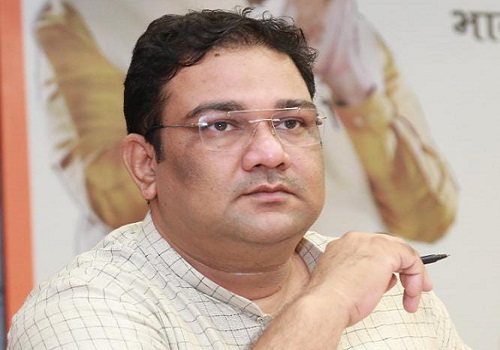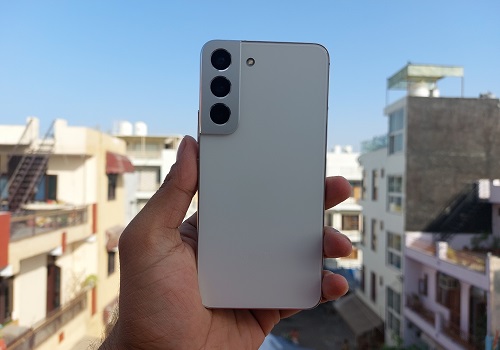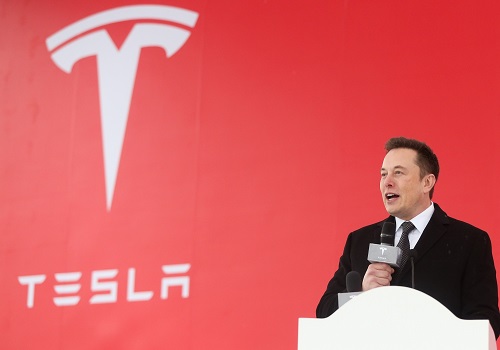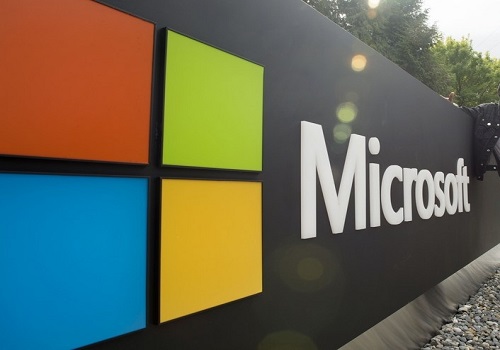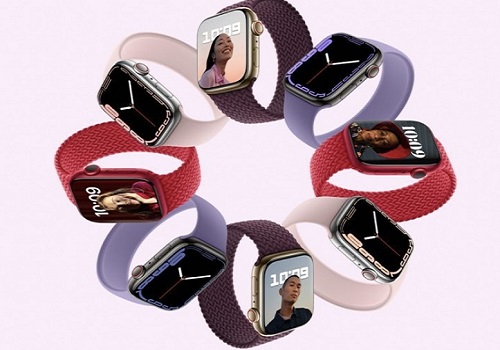Smart hospitals to be worth $59 bn globally by 2026: Report

Follow us Now on Telegram ! Get daily 10 - 12 important updates on Business, Finance and Investment. Join our Telegram Channel
The market value of smart hospitals will reach $59 billion by 2026, up from $29 billion in 2021, according to a report on Tuesday.
The estimate represents an average annual growth of 15 per cent, revealed the report by UK-based market research firm Juniper Research.
The concept of the smart hospital includes healthcare providers leveraging advanced analytics, connected devices, and healthcare platforms to improve care, productivity, and operational efficiency.
The new report also identified the US and China as leading smart hospital adopters, accounting for $17 billion of market value in 2021. By 2026, the US and China will account for over 60 per cent of global smart hospital spending.
Digital healthcare initiatives implemented in light of the Covid-19 pandemic and high levels of existing digitalisation within healthcare infrastructure are the major reasons, according to the report.
However, it also cautioned that the need for pre-existing digital infrastructure, such as electronic health records, will limit smart hospital roll-outs to developed regions. As a result, it anticipates that Latin America, Africa, and the Middle East will represent less than 5 per cent of global smart hospital spending by 2026.
Moreover, the report outlined how a current lack of interoperability between devices and platforms has resulted in a high degree of fragmentation that will require regulatory intervention on a country-level basis.
"Vendor lock-in and high investment requirements are the most prevalent issues for healthcare providers in adopting smart hospital services. At a time when healthcare industries are still feeling the impacts of the global pandemic, the long-term benefits of smart hospital services must be demonstrated to foster confidence in these services' ability to secure a return on investment," said research author Adam Wears, in a statement.

